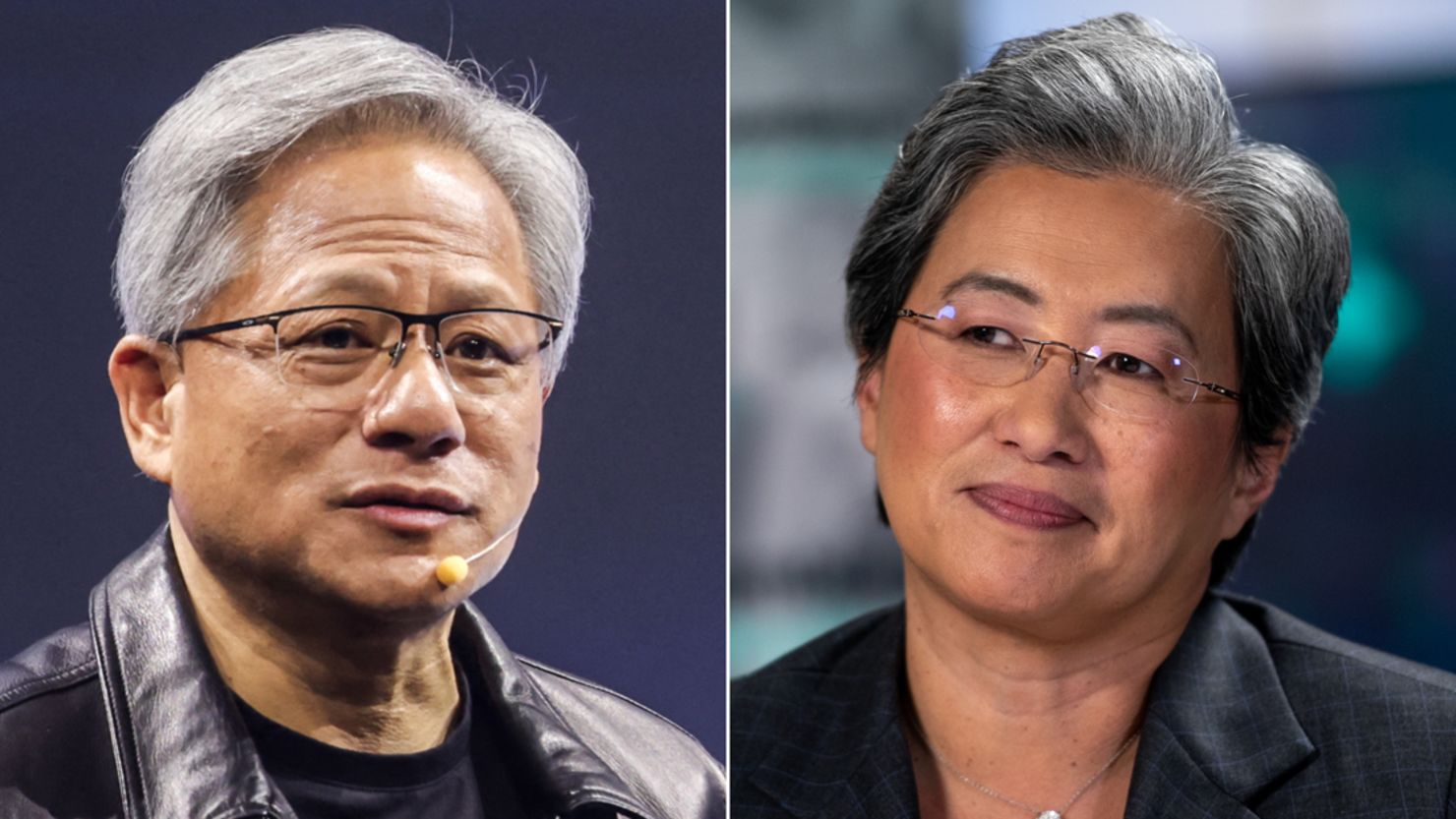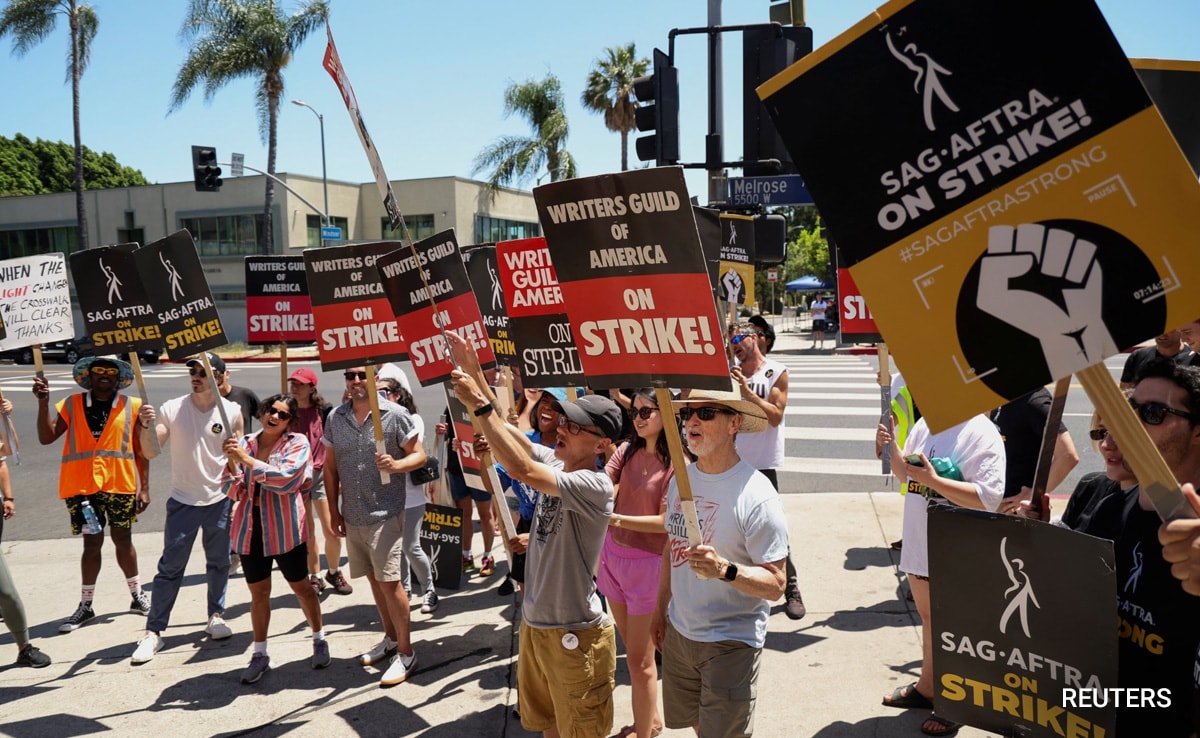Meta's CEO And The Trump Presidency: Challenges And Opportunities

Table of Contents
Challenges Faced by Meta's CEO during the Trump Presidency
The Trump presidency presented Meta with unprecedented challenges, forcing the company to grapple with difficult ethical and logistical dilemmas.
Content Moderation and Political Speech
Balancing free speech with the removal of harmful content proved to be a Herculean task for Meta. The platform became a battleground for political discourse, often featuring inflammatory rhetoric and misinformation directly from President Trump himself. This created a constant tightrope walk for Zuckerberg and his team.
- Examples of controversial posts and the actions Meta took: Trump's frequent use of inflammatory language, accusations of election fraud, and calls to action were consistently flagged and debated internally. Meta's responses varied, ranging from applying labels to posts to ultimately banning Trump from the platform after the January 6th Capitol riot.
- The public backlash and criticism Meta received for its decisions: The company faced intense criticism from both the left and the right. Conservatives accused Meta of censorship and bias, while liberals argued that the platform wasn't doing enough to combat misinformation and hate speech.
- The legal and ethical dilemmas involved in content moderation: Meta faced legal challenges and ethical considerations surrounding its content moderation policies. The question of who decides what constitutes "harmful" content and the potential for biased enforcement became major points of contention.
Foreign Interference and Election Integrity
The Trump presidency coincided with heightened concerns about foreign interference in US elections. Meta's platforms became prime targets for disinformation campaigns, particularly from Russia, aimed at influencing public opinion and sowing discord.
- Specific examples of Russian interference and other foreign actors: The Mueller investigation revealed extensive efforts by Russia to spread propaganda and misinformation on Facebook during the 2016 election. Similar concerns arose during the 2020 election.
- Meta's response strategies and their effectiveness: Meta invested heavily in improving its detection capabilities, increasing its fact-checking partnerships, and implementing stricter policies against foreign interference. The effectiveness of these measures remains a subject of ongoing debate.
- The ongoing challenges in detecting and preventing future interference: The sophisticated and constantly evolving nature of disinformation campaigns makes preventing future interference an ongoing challenge for Meta and other social media platforms.
Political Polarization and Social Division
Meta's algorithms, designed to maximize engagement, inadvertently contributed to the amplification of political polarization during the Trump presidency. Echo chambers and filter bubbles reinforced existing biases, creating an environment where opposing viewpoints rarely intersected.
- How algorithms contributed to the spread of misinformation and polarization: The algorithms prioritized sensational and emotionally charged content, regardless of its accuracy, leading to the spread of misinformation and the reinforcement of partisan viewpoints.
- The impact on societal cohesion and democratic processes: The increased polarization had a detrimental effect on societal cohesion and the functioning of democratic processes, fostering distrust in institutions and fueling political unrest.
- Meta's attempts to mitigate the effects of polarization: Meta implemented various measures aimed at mitigating the effects of polarization, including algorithmic changes and increased transparency. However, the effectiveness of these measures remains a subject of ongoing debate.
Opportunities Arising from the Trump Presidency for Meta
While challenging, the Trump presidency also presented Meta with certain opportunities.
Increased User Engagement and Growth
The politically charged atmosphere led to a surge in user engagement on Meta's platforms. People turned to Facebook and other Meta properties for news, information, and to participate in political discussions.
- Statistics showcasing increased user engagement during this period: Data shows a significant increase in daily and monthly active users during the Trump presidency, correlating with heightened political activity.
- The correlation between political news and platform usage: Political news and discussions consistently drove increased user engagement and time spent on Meta's platforms.
- The financial benefits for Meta: This heightened engagement translated into increased advertising revenue and overall financial growth for the company.
Enhanced Platform Development and Innovation
The challenges faced during the Trump era spurred significant improvements in Meta's technology and content moderation strategies. The need to combat misinformation and foreign interference pushed the company to invest heavily in innovation.
- Examples of new features and technologies implemented: Meta developed advanced AI-powered tools to detect and remove harmful content, improved its fact-checking partnerships, and implemented stricter policies against foreign interference.
- Improvements in detecting and removing harmful content: While not perfect, these improvements demonstrably enhanced Meta's ability to identify and remove harmful content, although the effectiveness is constantly scrutinized.
- Long-term impact on platform security and user safety: The innovations born from this period have had a lasting impact on platform security and user safety, although the ongoing battle against misinformation and harmful content continues.
Conclusion
The relationship between "Meta's CEO and the Trump Presidency" was a defining period for the company. It presented unprecedented challenges in content moderation, foreign interference, and the mitigation of political polarization. However, it also spurred innovation, leading to improvements in technology and security measures. The key takeaways include the ongoing struggle to balance free speech with the need to combat misinformation, the persistent threat of foreign interference, and the critical role social media platforms play in shaping public discourse. We encourage readers to continue researching this complex issue, engaging in informed discussions about social media's role in politics, and considering the continuing impact of "Meta's CEO and the Trump Presidency" on the future of online platforms and democratic processes.

Featured Posts
-
 Nintendo Switch 2 Preorder Waiting In Line At Game Stop
Apr 26, 2025
Nintendo Switch 2 Preorder Waiting In Line At Game Stop
Apr 26, 2025 -
 Actors Join Writers Strike What This Means For Hollywood
Apr 26, 2025
Actors Join Writers Strike What This Means For Hollywood
Apr 26, 2025 -
 A Timeline Of Karen Reads Murder Trials
Apr 26, 2025
A Timeline Of Karen Reads Murder Trials
Apr 26, 2025 -
 A Cnn Anchors Love For Florida His Ideal Destination
Apr 26, 2025
A Cnn Anchors Love For Florida His Ideal Destination
Apr 26, 2025 -
 Worlds Tallest Abandoned Skyscraper Construction To Restart After Decade Long Halt
Apr 26, 2025
Worlds Tallest Abandoned Skyscraper Construction To Restart After Decade Long Halt
Apr 26, 2025
